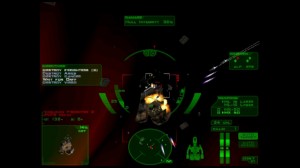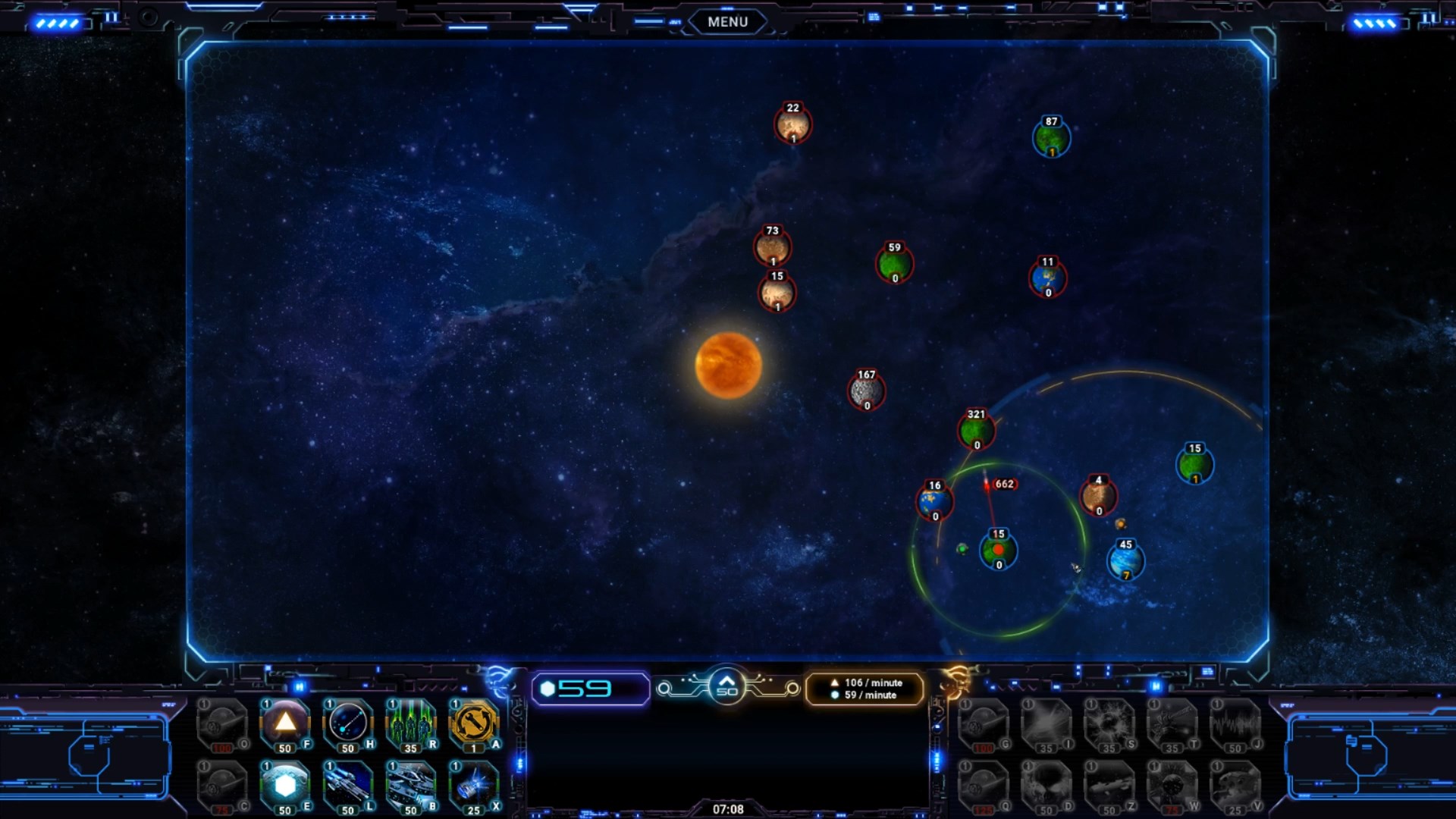
For those folks who only want to buy their games on Steam (Jim, I’m looking at you), you will shortly have the option to buy the first Freespace game, Descent: Freespace – The Great War, on Steam today! For all of my bluster and adoration towards Freespace 2, let us not forget that that gem of a game wouldn’t have existed without its predecessor. Descent: Freespace is pretty damned good, and if you haven’t played it, you totally need to. A couple of interesting things though. It’s unclear whether this version includes The Silent Threat expansion pack (which is included in the GOG version by the way), I’m also unsure how it’ll work with the Freespace Port for Freespace 2, if necessary. I’ve never been 100% clear on whether the FS Port has all the content from Descent: Freespace or, like the Source Code Project, needs the content from the base game (as I’ve not used it myself, to be honest) but according to The E, the Freespace Port is its own thing that includes the content from Freespace and Silent Threat. I’m also wondering if this will enable multiplayer gaming through Steam, but honestly, I doubt it. Regardless, an important piece of space gaming history is making its way to Steam, so hopefully Freespace 2 can’t be that far behind because the more people playing Freespace, the better. :)







I have GOG version of Freespace — but I’ve never played it (or Freespace 2)! Do modern joysticks on Win7/8 work with these old games?
Oh yeah, modern USB sticks work just fine, though I’ve not played the first game in some time so I’m not 100% on that, I am 100% in regards to Freespace 2.
Yes, the FSPort has all the data from the original FS1, and does not require you to own FS1. It also includes Silent Threat, and allows you to get Silent Threat: Reborn, which is a fan-made reimagining of Silent Threat.
As for multiplayer, it does not use Steam, so your only options are local via LAN or pseudolocal via VPN.
Thanks for the awesome clarification mate. :)